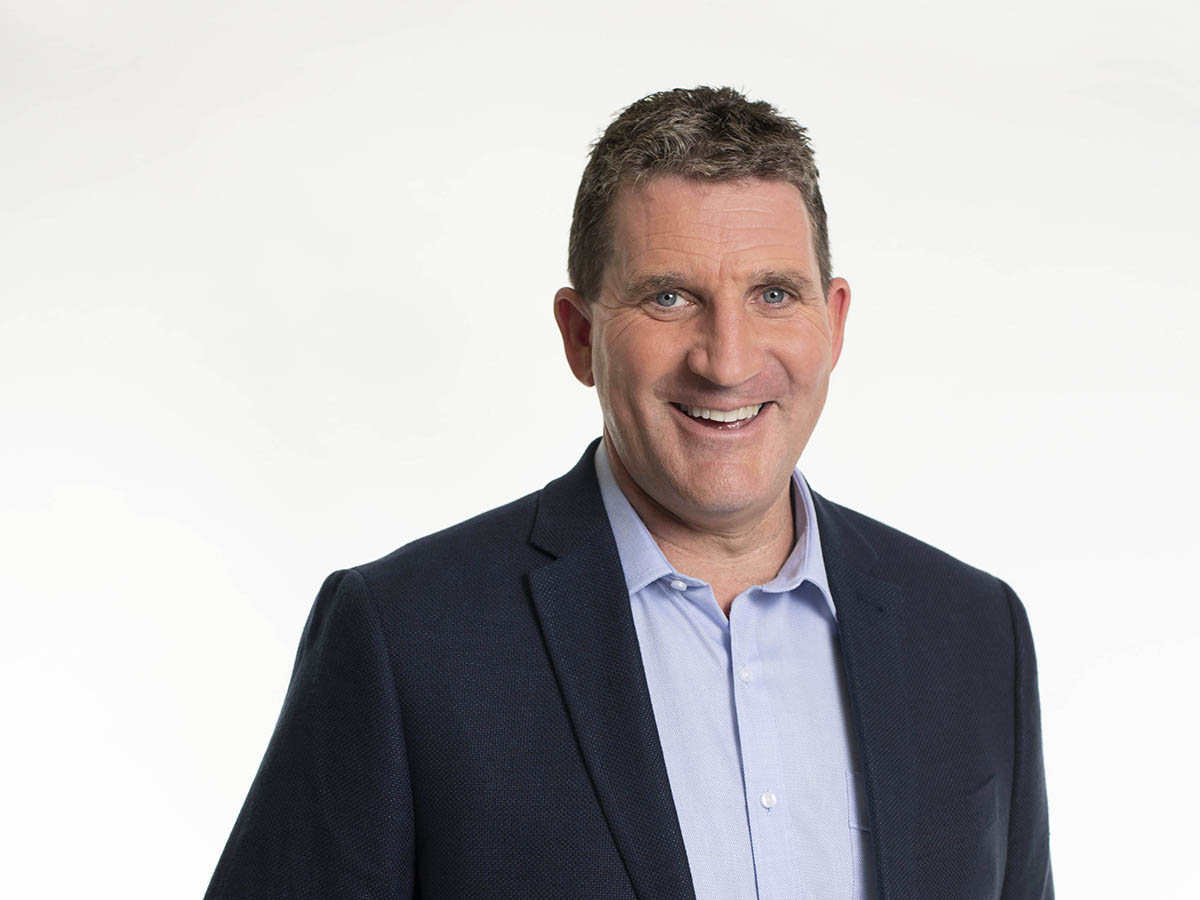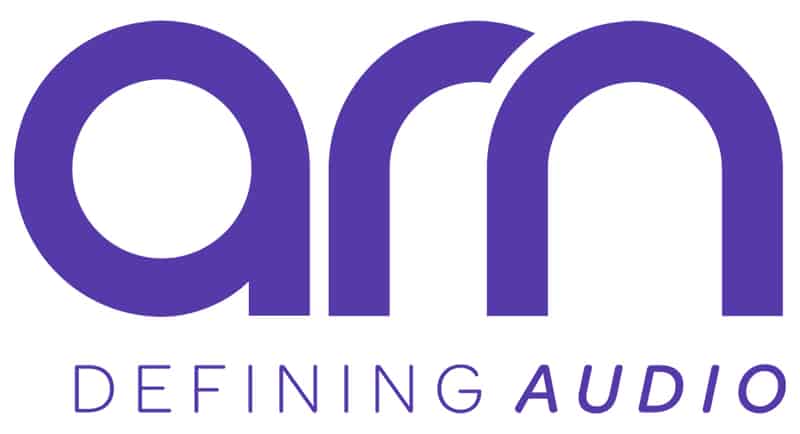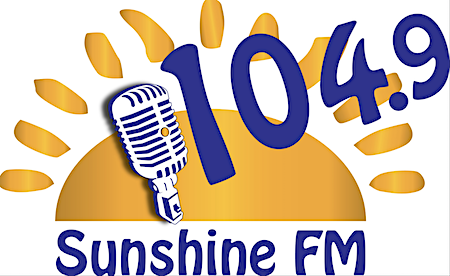Ciaran Davis’s opening statement to the hearing into Fair Pay for Radio Play Bill

The Copyright Legislation Amendment (Fair Pay for Radio Play) Bill 2023 Senate Committee public hearings commenced today in Canberra. In attendance are the Australian Recording Industry Association (ARIA), Phonographic Performance Company of Australia (PPCA), Mushroom Group, Sony Music Entertainment, Warner Music Group, Universal Music Group and broadcast industry body Commercial Radio and Audio (CRA).
The opening statement by Ciaran Davis, CEO of ARN and Chairman of CRA is below:
Thank you, Senators, for the opportunity to attend this hearing.
Before you today, you have members of the Board and representatives of the commercial radio industry body known as CRA. Most of us are also operators of businesses within the industry.
All of us are passionate advocates for commercial radio, the unique role it plays, not just in Australian media, but in Australian life and communities across every state and territory in this country.
CRA has 260 member stations, 220 of which are in regional and remote areas. 2,200 of the 6,500 full-time people employed in this industry work in regional areas. Commercial radio contributed over $1 billion to the economy in 2022 of which $320 million was generated in the regions.
The commercial radio industry is a vital – and free – part of Australian culture and media.
17 million Australians listened to our content in 2022, not just for music but for the hyper-local news, content, talk and information, and sense of connection delivered by live, local, and trusted Australian voices. All of this costs money to produce.
In an era of declining regional media, radio is often the sole remaining source of local news. When you add the challenges faced through misinformation, radio is an increasingly important, if not the only, reliable source of accurate local information.
Radio also plays a vital role in providing communities with emergency updates during fires and floods. And we proudly take part in supporting and sponsoring regional communities – from sporting clubs to community events. Much of this is at risk if this Bill is passed.
Commercial radio is facing the same pressures as other parts of Australian-owned traditional media – the rise of streaming services and global tech, changing consumer behaviour, and a challenging macroeconomic environment have seen declining advertising revenues. This is particularly acute in smaller and regional markets, many of which rely on cross-subsidisation from larger metropolitan stations within their network.
PPCA, and the record labels they represent, are arguing to remove the cap and instead replace this with a rate that is negotiated between the parties.
Our concern is we are not talking about a free market here.
First, the radio industry is highly regulated. In particular here, legislation requires radio to play a minimum quota of Australian music. In other words, we are required by law to buy product from the PPCA.
That means radio stations and the PPCA record labels are not a ‘willing buyer’ and a ‘willing seller’ reaching an agreement on a price. Instead, without the cap, radio must pay the asking price of the record labels to meet the quota. This is not a free market.
Secondly, the PPCA is a collecting agency, with substantial market power. The big 3 record labels behind the PPCA (Sony, Universal and Warner) control around 70% of the industry and have global revenues of around $A40 billion – 40 times that of the entire Australian radio industry. Negotiating with the PPCA is collective bargaining – it is not some simple free market negotiation.
Overall, we would caution against the changes proposed to the Copyright Act being viewed in isolation, but rather as part of an overall ecosystem governing Australian radio, including:
- Australian music quotas
- Minimum local content requirements for regional stations
- Copyright in underlying works
The cap on royalty payments for sound recordings was introduced at the same time as Australian music quotas and the two cannot be separated.
We have reminded you of all the good work done by our industry – both for local communities and for Australian musicians – our concern is this could be put at risk by this bill.
Our industry already pays around $40 million in copyright charges per annum. This is 5% of industry revenue, not profit, and places a financial strain on all broadcasters in this challenging environment.
We have no complaint with the idea that musicians should be paid fairly for their work, which is why we could support PPCA distributing payments to session musicians. Radio is also proud to be a platform that helps discover new artists, which is an important benefit we offer Australian musicians.
But in terms of ensuring musicians being paid fairly, we think the better approach would be to consider how much of the distribution of the fees collected by PPCA actually go to artists? More transparency here would give us a better sense of ways we might be able to support Australian musicians without damaging radio.
In summary, we’d just like to remind the Committee that, genuinely, any additional impost of increased and uncapped PPCA fees will impact the amount we have available to spend on local regional newsrooms, and regional communities generally. Jobs will be under severe threat.
Put simply, we believe this Bill should not be passed and that the Committee recommends that the cap stays, in its current form, to provide certainty and stability for the radio industry.
The Amendment was introduced by Senator David Pocock.


